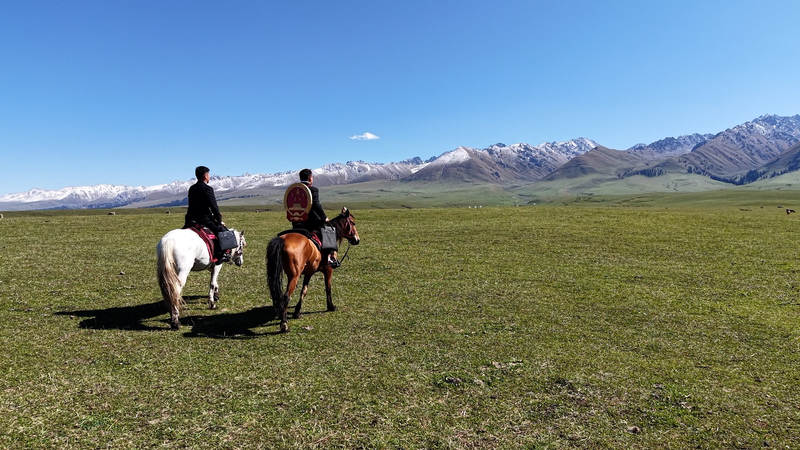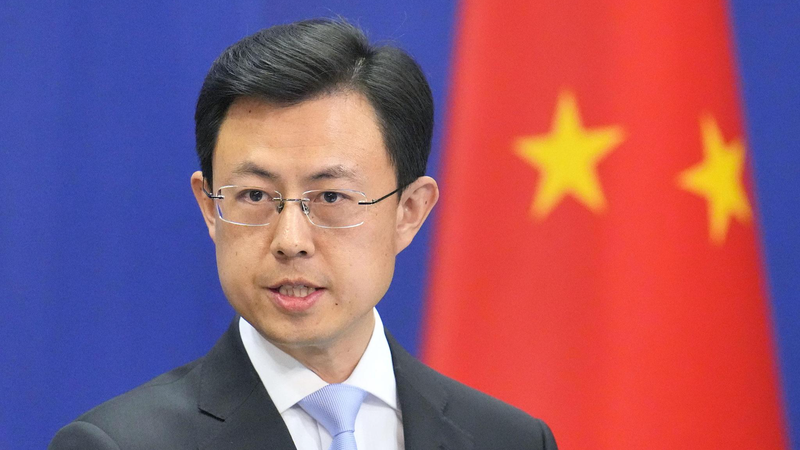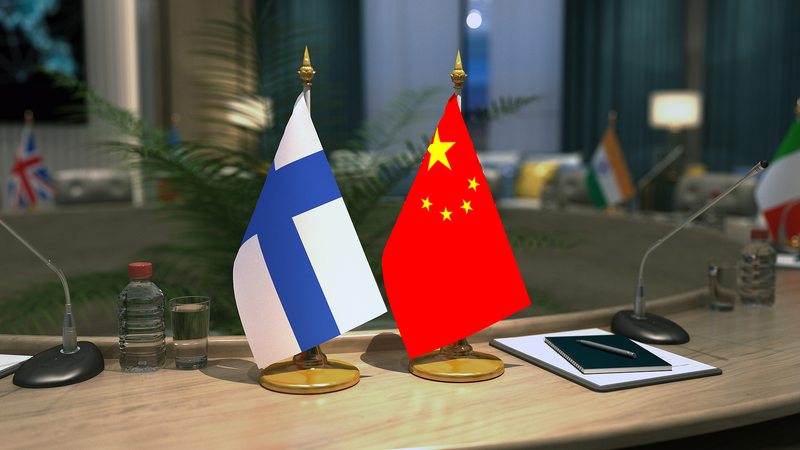Imagine rolling through the emerald expanse of the Narat grasslands in Xinjiang Uygur Autonomous Region—it feels like an off-road rally across Mother Nature’s playground. Four years ago, I was here shooting a story on the “pairing assistance” poverty-relief program, where remote towns get a turbo-boost of funds and expertise from more developed provinces on the Chinese mainland. Back then, villagers were dreaming of paved paths, clean water and better schools, even as skeptical headlines and far-off debates put their hard work under a global spotlight. 🌍✨
Flash-forward to this September: we’re cruising on freshly laid roads, not dusty trails. But instead of flour sacks or veterinary kits, the cargo is court files and a gleaming national emblem—welcome to the mobile courtroom, powered by a team of local civil servants. ⚖️🚛
So, what’s a mobile courtroom? Think of it as justice on wheels—like ordering your favorite street food, but it delivers legal services directly to town centers. No more long trips for minor cases, and a clear sign that the Chinese mainland is leveling the playing field for everyone. 👩⚖️🛣️
This is more than shiny asphalt and pop-up courtrooms. It’s about hitting refresh on rural life—where modern infrastructure meets citizens’ daily needs. From street lamps lighting up evening markets to easy access to legal aid, these changes echo the pride we feel when our cities get smart upgrades. 🚀💡
Whether you’re in Mumbai or Manila, the takeaway is universal: basic services, from water taps to fair trials, form the backbone of community trust. And in Xinjiang’s grasslands, modernization is speaking louder than any rumor or rumor-mill headline. Stay tuned for more stories of real impact from the ground up! 🌱✊
Reference(s):
Modernization in rural Xinjiang speaks louder than false accusations
cgtn.com




